In Washington, DC there is a shortage of affordable housing for people. Many people band together to form "group homes", pooling both resources and living space. Doing so allows them to live in a way that is both affordable and enjoyable. But the law in DC is not tailored for this kind of arrangement, even though it is known and accepted by many renters and owners in DC. In a housing circumstance where this kind of arrangement is almost a requirement to have proper shelter in DC, the fact that DC laws and courts do not recognize such an arrangement creates problems. One problem is that an unscrupulous owner can use this fact that DC Courts don't recognize or understand group homes to improperly force their tenants out, for example, when they start exerting their rights to live in a safe environment.
I have seen first hand how unethical DC landlords can use bullying tactics to evict people from property, essentially using self-help methods. Many times they do this as retaliation when tenants assert their rights to live in a safe environment. The first beneficiaries of this project are two group homes facing eviction because they asked to live in a safe environment. One home wanted to be sure there was no chance of their house burning down, after an electrical fire (and the owner refused to call an electrician to fix). The other home wanted to make sure the temperature in their house was above 30 degrees in the winter (and the owner refused to address the situation).
This project has a goal of the following objectives: a) Create a defense fund for two or more DC professional group homes facing eviction; b) Provide educational materials to stop unscrupulous landlords in DC; c) Change laws in DC to reflect the realities of DC group home living.

There are two DC group homes that face the real threat of eviction as retaliation for their complaints regarding real safety issues -- after the respective landlords would do nothing with residents directly reporting to them.

Both homes are attempting to stand up to this bullying behavior, but after thousand dollars have been spent on fighting, funds are running short. This project aims to inject funds into one or both efforts.

There are FIVE (5) courts in DC that deal with Landlord Tenant issues. I am the only non-lawyer I know that has been to all five courts. Why let that experience go to waste?
This project will provide educational materials to group homes -- as well as all people interested landlord and/or tenants -- in want of brass-tacks, real information about how the DC legal system works in an eviction (and other landlord-tenant) situations, from a non-lawyer perspective.
Right now, we have over 127 pages of educational materials dealing with Landlord Tenant and Court Issues in DC have been finished. But they will require finalizing and review. To make things easier for people to read material that could be boring, many of the concepts have been illustrated. So far, we have over 50 illustrations to make concepts clearer and more interesting.
Some Examples from the Upcoming Educational Materials:
The term "Pro Se" (pronounced Pro Say) usually means someone is representing themselves in a legal proceeding. Any strategy or tactic presented here should be used only under the consultation of a lawyer; otherwise, you use the information at your own risk. This strategy is called the Pro Se Hybrid Strategy, because at times you can use your own wits and at other times you are choosing to use a lawyer to help you.
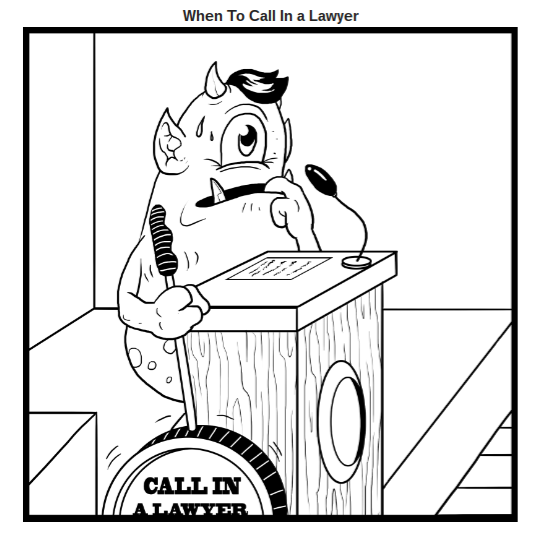
Judge are just lawyers with extra powers. But just as two lawyers could come to different opinions on the same matter, so can two judges. Being a judge does not mean they are not human.
Judges look at Pro Se litigants differently than they would a litigant with a lawyer. This can be a good thing or this could be a bad thing.
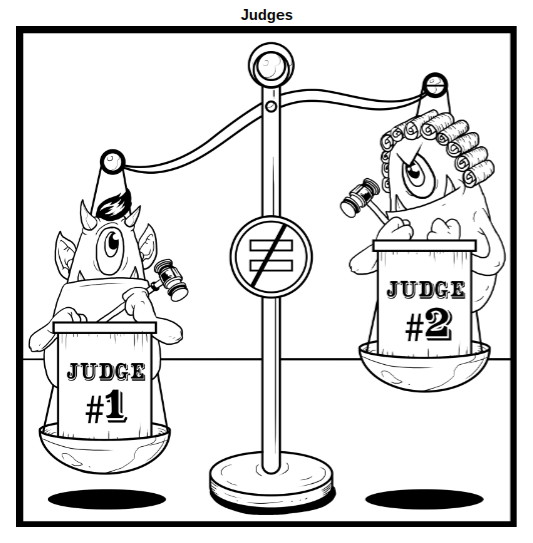
In a legal context the word "discovery" means that we’re going to attempt to discover the facts that the other side has available to them. This can occur in a number of ways, but two big ways are questions (interrogatories) and requests for documents. There are other ways too, but these are the two big ones when we’re looking at landlord tenant court.
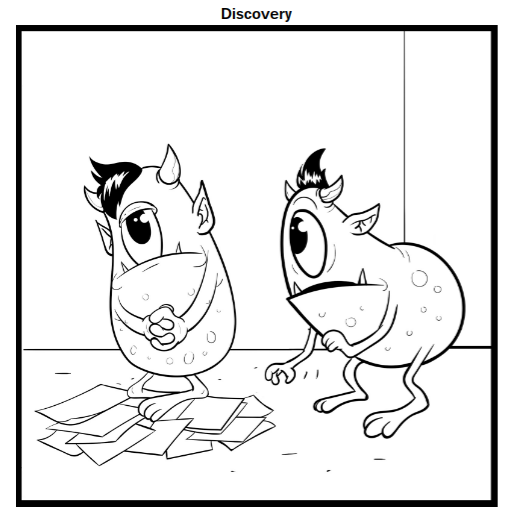
The key in knowing our overall strategy is remembering that whatever it is we’re doing is designed to reach an objective. That objective may be money. That objective may be eviction or lack of thereof. That objective may be the avoidance of incarceration and/or a criminal record.
You must -- to the greatest extent possible -- take the emotion out of what you are trying to achieve. There are times to interject emotion tactically -- perhaps when you are testifying on the stand -- but it should be left out of your strategy. When it comes to strategy, let the emotion come in only after your rational mind has sorted out the decisions it needs to make.
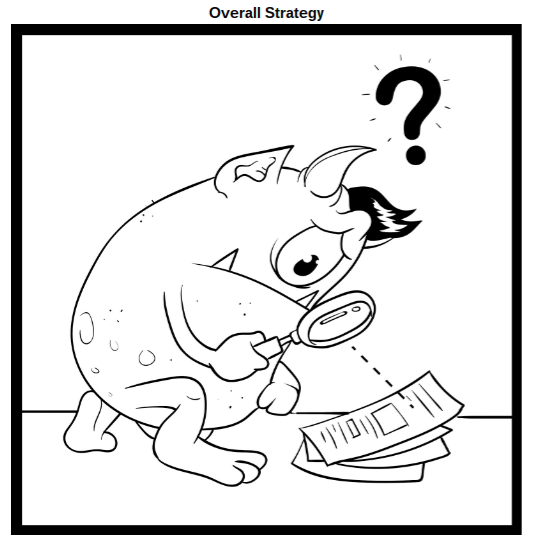
I saw one of the most jarring things when I was in Landlord & Tenant court not too long before this writing. There were these two older ladies at odds about rent. One needed the other to pay the rent, and the other had lost her job. This lady who lost her job was fighting to stay on the property.
The judge heard both sides and then told the lady who lost her job that there was nothing he could do: that it was not the court’s realm to force her landlord to operate her property without receiving rent, no matter how sympathetic the position of her tenant was.
In this case, the judge heard both sides and then ruled saying “Guilty by Confession”!
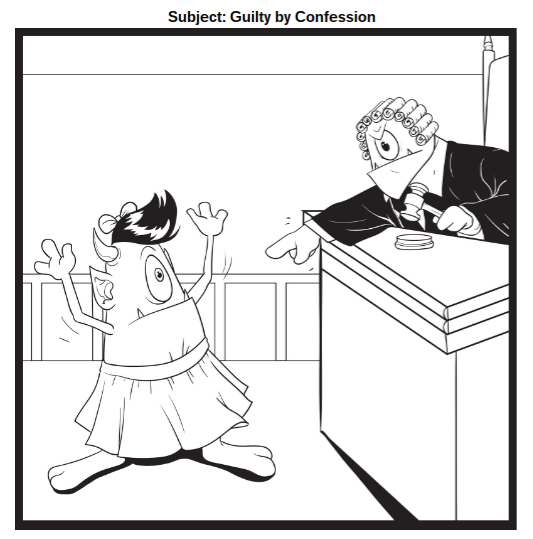
If you’re at the point you have a lawyer, there may be a point you need to fire them. If and when that happens, it’s not personal. You may want to fire them if any of the following happens:
- They miss a deadline
- They don’t show up for court
- They become aggressive with you
- Their way of managing the legal situation doesn’t make sense
- Their way of managing the situation is counter to the way your philosophy
- You realize they are a barrier to your getting things done in the case
- Your money is more valuable than your time (especially regarding certain tasks)
- You find your lawyer is giving you bad advice
- You find out your lawyer is lying (or has lied) to you
- Your lawyer does not move forward with the case according to your wishes
- Your lawyer breaks the law
- Your lawyer makes agreements on your behalf when they don’t have permission to
- Your lawyer communicates with the other side in a way not in accordance with your wishes
If your lawyer is not acting they way you want them to and/or not giving you the best possible advice, it might just be time to get yourself a new lawyer.
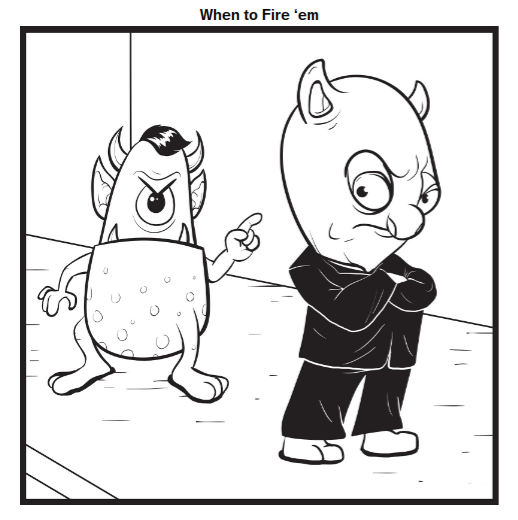 The final educational product is going to be beautiful -- and some form of it will be low cost or free to those that need the information.
The final educational product is going to be beautiful -- and some form of it will be low cost or free to those that need the information.
The last goal is to change the policy related to living in group homes to more accurately reflect this current reality. Believe it or not, funds are required to make this happen.





